Host With The Most
New Orleans may not have much history playing in the Super Bowl, but we have an impressive history of hosting it.
In fact, with the addition of Super Bowl LIX on February 9, 2025, the Super Bowl has been played in New Orleans 11 times. New Orleans is tied with Miami for the most hosted Super Bowls; however, the Caesars Superdome has hosted eight Super Bowls, the most of any venue to date.
As professional football became increasingly popular and profitable, the AFL-NFL World Championship Game was created in 1967 to pit the best teams of each league against each other. The championship game was renamed the Super Bowl in 1969.
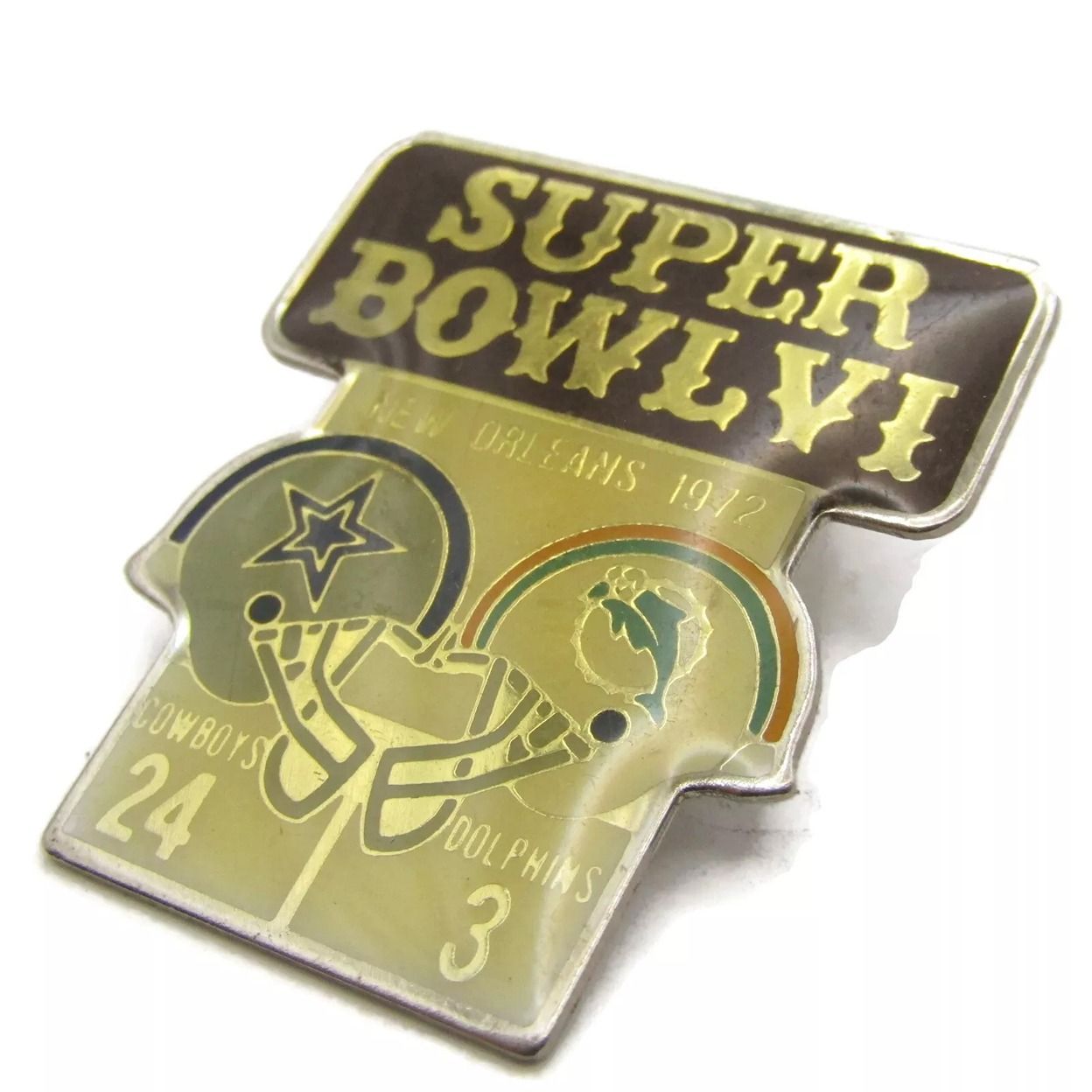
The New Orleans Saints and the Superdome were a package deal. Local entrepreneur David Dixon and interested parties tried to persuade NFL Commissioner Pete Rozelle to award the city a team of their own. Commissioner Rozelle was hesitant to do so without an enclosed stadium due to the region's unpredictable weather. With the promise of the Superdome backed by Governor John McKeithen, Commissioner Rozelle allowed the city to have a team named the Saints. David Dixon cleared the team's name with Archbishop Philip M. Hannan, and Dixon recalled, "[Hannan] thought it would be a good idea. He had an idea the team was going to need all the help it could get." Bonds were passed for the Superdome's construction on November 8, 1966.
The first Super Bowl held in New Orleans was Super Bowl IV on January 11, 1970, in which the Kansas City Chiefs beat the Minnesota Vikings 23-7 at Tulane Stadium, which held a crowd of 81,000 people. This was the last championship match between the NFL and AFL before the leagues completely merged.
Two years later on January 16, 1972, Super Bowl VI went back to Tulane Stadium. It was another blowout in which the Miami Dolphins only scored three points against the Dallas Cowboys, who scored 24. This was a battle for the ages as Cowboys coach Tom Landry led quarterback Roger Staubach and team to their very first Super Bowl win. The halftime show honored the recently deceased musician Louis Armstrong.
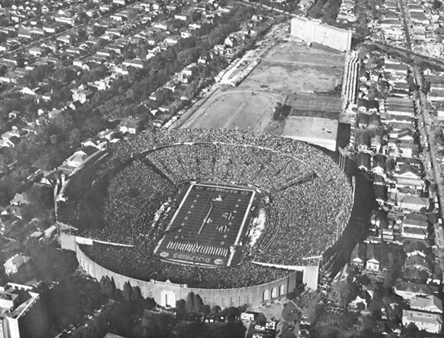
The Minnesota Vikings lost another Super Bowl at Tulane Stadium on January 12, 1975—this time to the Pittsburgh Steelers (16-6). This was the last pro football game played at Tulane Stadium. This halftime show was also a tribute to jazz artist Duke Ellington. This game was supposed to be played in the Superdome, but the opening was delayed by several months.
The completion of the Superdome in August 1975 allowed Super Bowl XII to take place back in New Orleans on January 15, 1978. The Dallas Cowboys again triumphed over their competition, winning 27-10 over the Denver Broncos. Cowboys quarterback Roger Staubach was pitted against former-Cowboys quarterback Craig Morton.
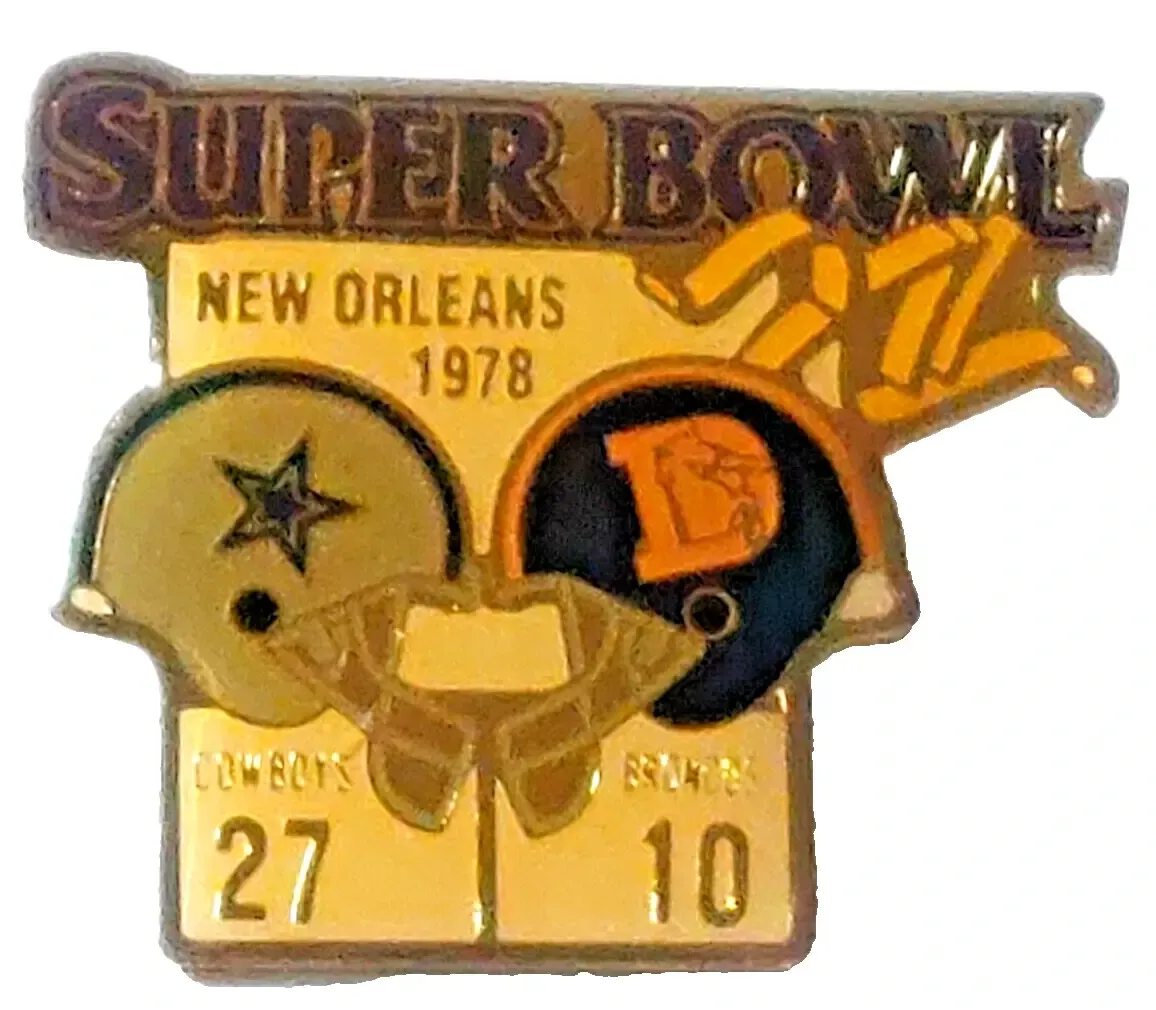
Super Bowl XV took place on January 25, 1981, a few days after the end of the Iran Hostage Crisis. The victorious Oakland Raiders and the Philadelphia Eagles scored the same point values scored at the last Super Bowl in New Orleans, 27-10. The Raiders had the distinction of being the very first wild card playoff team to win a Super Bowl.
The Chicago Bears had an awesome 1985 season that culminated in a huge 46-10 win over the New England Patriots at Super Bowl XX on January 26, 1986. Several records, including fewest rushing yards allowed and margin of victory, were tied or beat.
It wouldn't be long before the Chicago Bears' margin of victory in the Super Bowl record would be surpassed. Super Bowl XXIV held in the Super Dome on January 28, 1990 saw what is still the largest Super Bowl margin of victory. The San Francisco 49ers, led by quarterback Joe Montana, scored 55 points, while John Elway's Denver Broncos only scored 10. This was Joe Montana's fourth Super Bowl win.
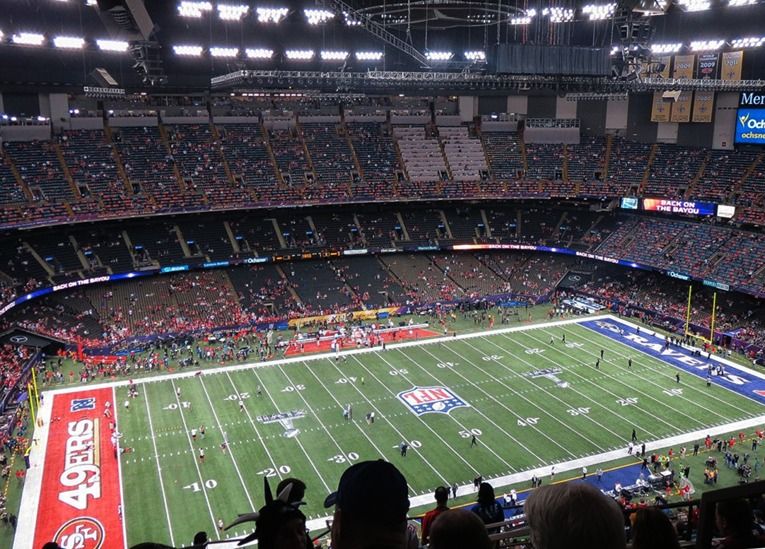
It would be another seven years until the Super Bowl returned to the Superdome. Super Bowl XXXI was played on January 26, 1997 between the Green Bay Packers (35) and the New England Patriots (21). This victory is Packers quarterback Brett Favre's only Super Bowl win.
The next time the Super Bowl (XXXVI) returned to New Orleans on February 3, 2002, the New England Patriots walked away the winners against the St. Louis Rams, and it was by a thin margin of 20-17. This was the first Super Bowl played after the September 11, 2001 attack. The NFL postponed a week of games after the historic event, which pushed the Super Bowl into February for the first time. The Super Bowl has continued to be played in the month of February, with the exception of Super Bowl XXXVII in 2003.
The Baltimore Ravens eked out a win over the San Francisco 49ers in Super Bowl XLVII on February 3, 2013, with the final score being 34-31. The teams were coached by brothers Jim and John Harbaugh, for San Francisco and Baltimore, respectively. This was the first time that the San Francisco 49ers lost a Super Bowl. This game is memorable for a 34-minute long partial power outage at the Superdome.
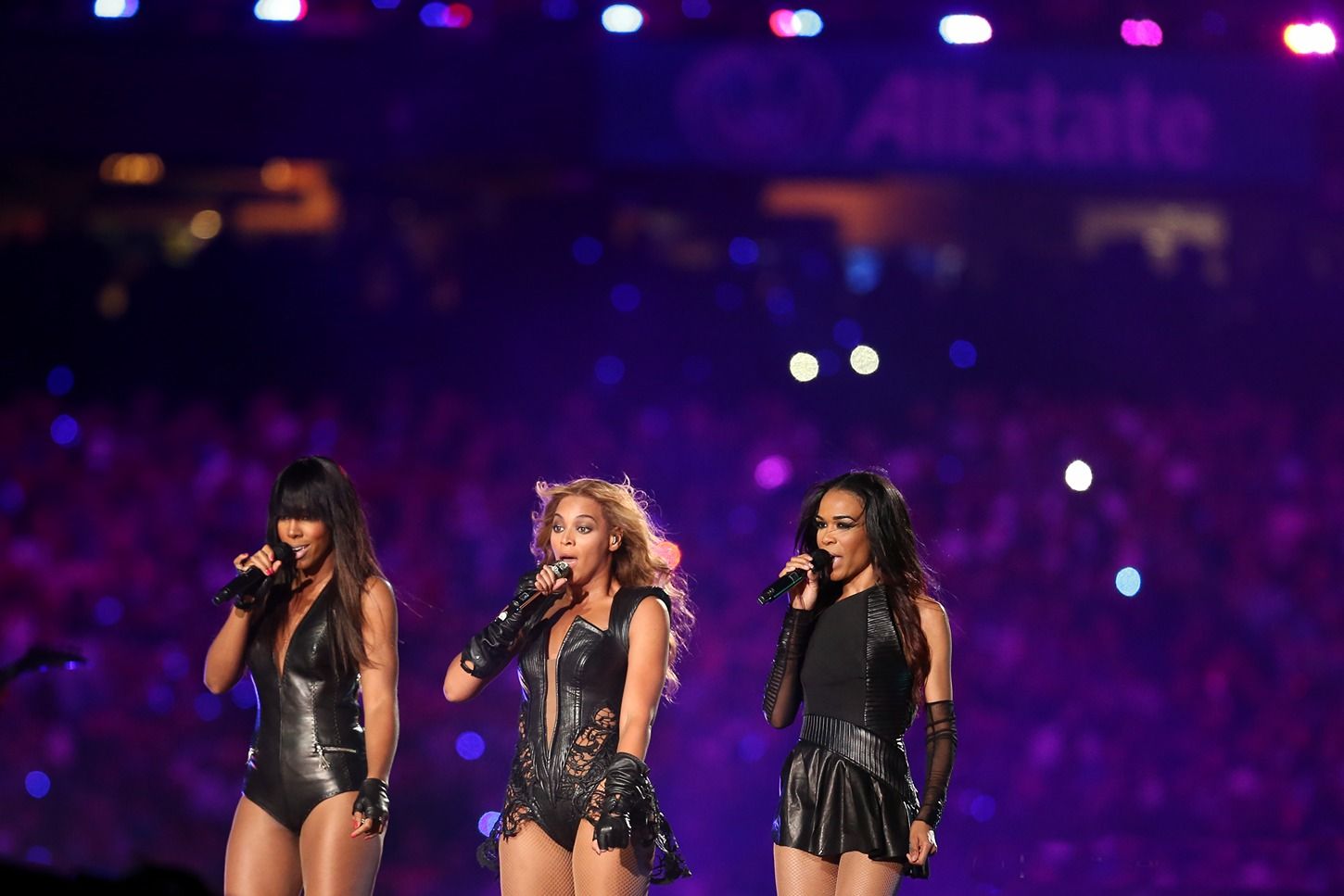
The Super Bowl is heading to California in 2026 and 2027, then Atlanta in 2028. You can bet that it will return back to its top venue soon enough.

